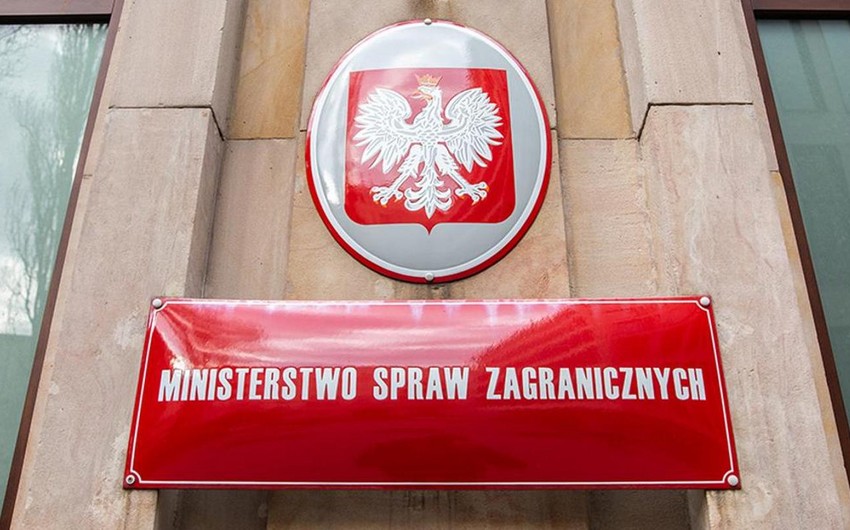Machias Seal Island is a tiny dot on maps of North America.But the uninhabited, fogbound rock is significant for its location in an area known as the "Grey Zone" – the site of a rare international dispute between Canada and the United States.The two neighbours and long-time allies have each long laid claim to the island and surrounding water, where the US state of Maine meets Canada's New Brunswick province – and with that claim, the right to catch and sell the prized local lobsters.John Drouin, a US lobsterman who has fished in the Grey Zone for 30 years, tells of the mad dash by Canadian and American fishermen to place lobster traps at the start of the summer catching season each year.People have literally lost parts of their bodies, have had concussions,head smashed and everything.
The injuries have been caused when lobstermen have been caught up in each other's lines. He says one friend lost his thumb after it became caught up in a Canadian line, what Mr Drouin calls his battle scar from the Grey Zone.The 277 square miles of sea around Machias Seal Island has been under dispute since the late 1700s – and in 1984, an international court ruling gave both the US and Canada the right to fish in the waterway.It has stood as a quirk – an isolated area of tension in what had been, until now, an otherwise close relationship between the two countries.
But that could all be about to change. US President Donald Trump's return to the White House, steep tariffs on Canadian imports and rhetoric about making the country the 51st state has sparked a series of fresh flashpoints, with the possibility that he may ultimately wish to subsume Canada into the US hanging over everything. Amid the biggest shift in the relationship between the two countries in decades, the question is, what does he really want from Canada?
Prof Williams acknowledges that it's difficult to figure out exactly what the US president is thinking – a view whole heartedly endorsed by John Bolton, who served as Trump's national security adviser for more than a year of his first presidential term.Trump has no philosophy. The president is currently fixated on minerals and natural resources, he said, but Mr Bolton argues the best way to go about doing that is through the private sector, not by floating the idea of annexing an ally. Canada, for its part, has offered to work with US companies on joint mining partnerships.
Prof Williams and Mr Bolton agree that whatever the motivations behind Trump's designs on Canada, the diplomatic damage that's being done will be difficult to undo – and the possibility of unanticipated consequences is high.The idea that the trust between the US and Canada has been broken is one that's been embraced by the country's new prime minister, Mark Carney, as a general election looms.Back in the 19th Century, territorial conflicts and flare-ups along the US-Canada border were a more frequent occurrence.
Americans made multiple unsuccessful attempts to capture Canadian territory during the 1812 War.
In 1844, some Americans called for military force if the UK wouldn't agree to its claims in the Pacific Northwest.
The 1859 "pig dispute" involved contested islands near Vancouver and the unfortunate shooting of a British hog that had intruded on an American's garden.All that seemed the stuff of dusty history books, where the Grey Zone was a diplomatic oddity – an exception to a peaceful norm in the modern world of developed and integrated democracies.
Madina Mammadova\\EDnews









